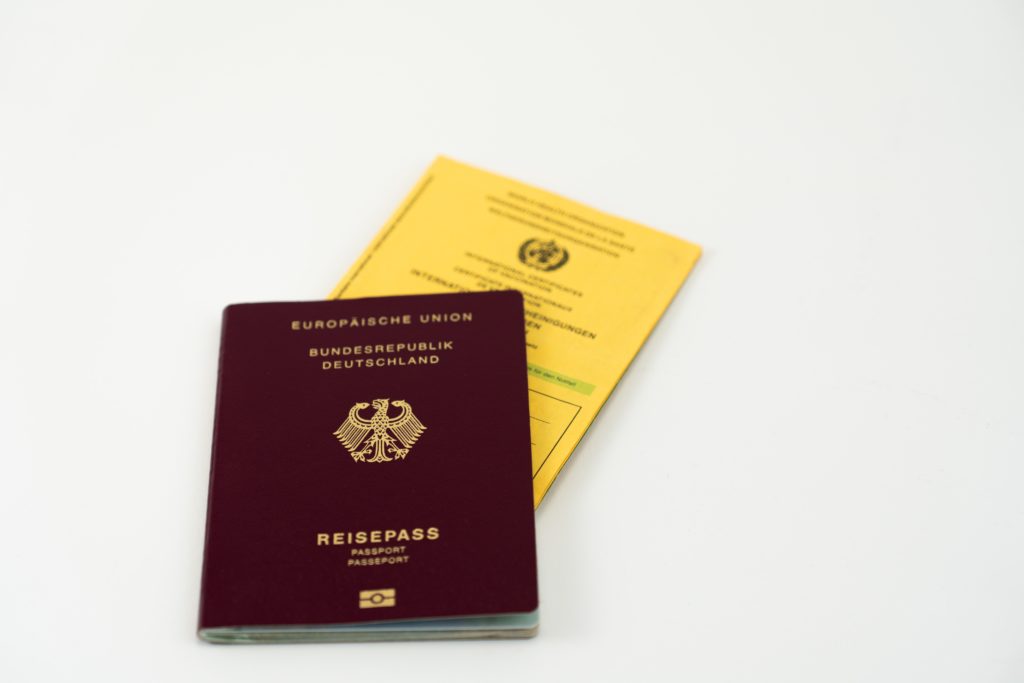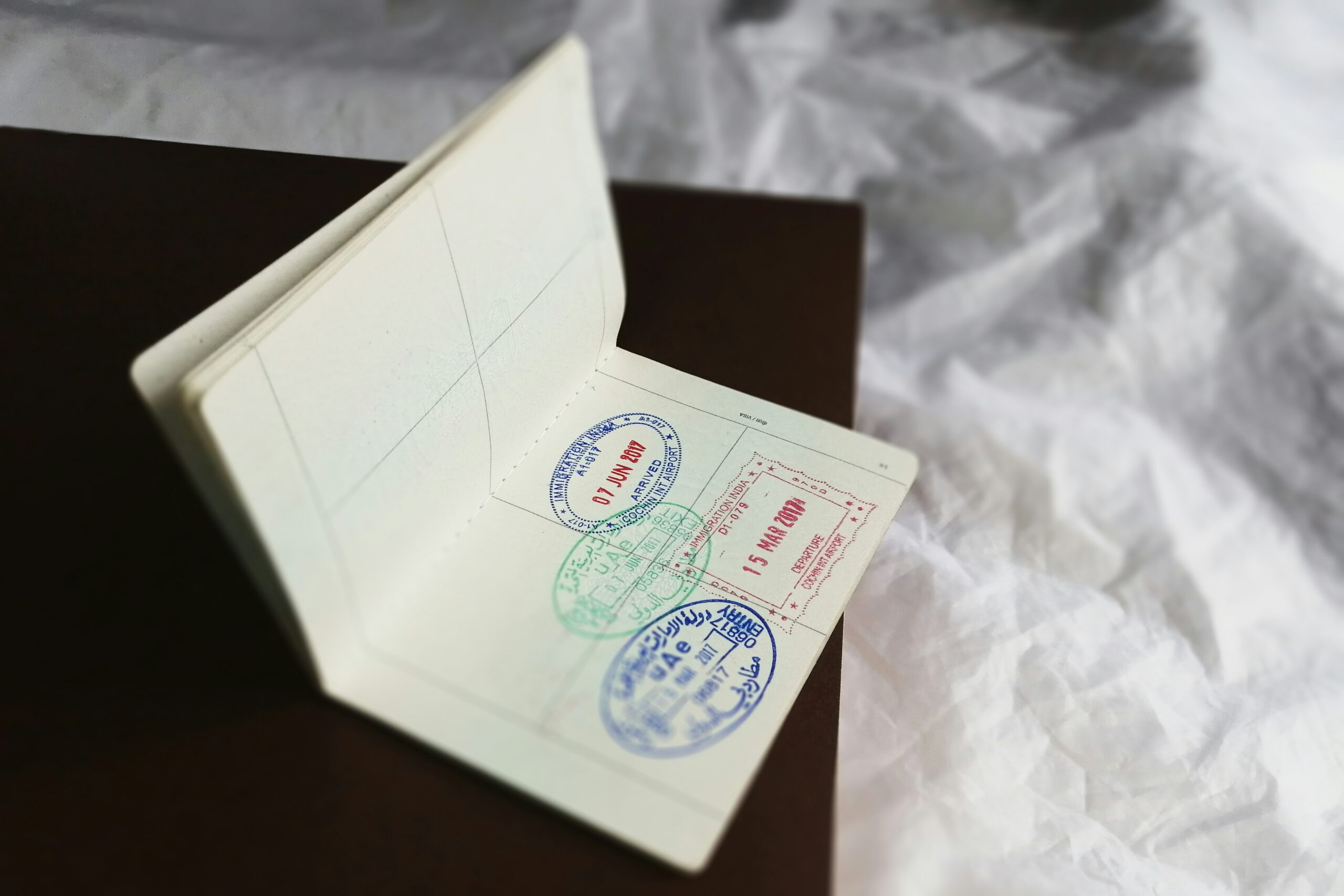If you are a German citizen or want to be one, you might want to think about getting a passport (Deutscher Reisepass). Most nations outside of the European Union require passports for citizens of Germany to enter. Furthermore, as the law mandates that all German nationals possess a legitimate form of identification, you might potentially require a German passport if you don’t have an identity card.

How to apply
At the Bürgeramt in the municipality where you are registered, you can schedule an appointment to apply for it (Reisepass beantragen). There may be an additional cost if you apply at a citizen’s office in another municipality. Someone else can’t apply on your behalf; you must be in person for the appointment.
Documents needed for application
Items needed for an appointment:
- A current photo that complies with the government’s stringent specifications for passport photos (in German).
- Identification and citizenship documents (passport or ID, current or expired, and naturalization certificate, if appropriate)
- Identification documents (passport or ID, current or expired, and naturalization certificate, if appropriate)
Children’s passport
A new EU regulation went into effect in 2012 that made it difficult for children to go abroad on their parents’ passports and mandated that they all have their form of identification. Parents now have the choice of applying for a standard, biometric passport for their kids (as described above) or applying through the same procedure for a kids’ passport (Kinderpass).
A Kinderpass is valid until the child becomes 12 years old. It has the benefits of being more affordable and quicker to process, but because it is not a biometric passport, not all countries accept it.
Cost
The price varies according to your age, location, and how quickly you require one. You can also pay for additional pages of visa stamps if you travel a lot.
Applications processing time
The Federal Printing Office in Berlin will centrally produce your new passport. It typically takes three to six weeks from the time of application for you to be able to pick it up from the citizens’ office. By submitting a written letter of consent, you can also give someone the go-ahead to collect it on your behalf.
You can apply for the express option if you need your passport more quickly. It normally takes three working days for your passport to be ready for pick up if you submit your application by noon. If you select this option, a supplement is due.
Applying from abroad
You can apply for it at the German mission in the nation where you now reside if you are a German national living abroad. You must schedule an appointment in advance, complete an application for a passport, and then show up for the appointment with all the necessary paperwork.
Passport applications cannot be sent via postal mail as of 2007. This is because all applicants must now provide two fingerprints to be stored on a unique chip within each passport. At your appointment, these fingerprints will be obtained.
Since all paperwork is printed in the Federal Printing Office in Berlin, the processing time for a German passport overseas is typically four to six weeks. It may take even longer if more information is required. Therefore, it is crucial to begin the application process well before making any travel arrangements.
Period of validity
They have a ten-year lifespan for adults and a six-year lifespan for children under the age of 24. Children’s passports are likewise good for six years, or until they turn 12 years old.
How to renew
You must request it by following the steps outlined above if your current one is about to expire. It could be feasible to keep your old passport until your new one is ready if you need to travel during the processing period and it is still valid.
Benefits
You can visit 170 nations without a visa if you have one. Additionally, you acquire EU-wide freedom of movement. On our page on German citizenship, we go into detail about the additional benefits.




